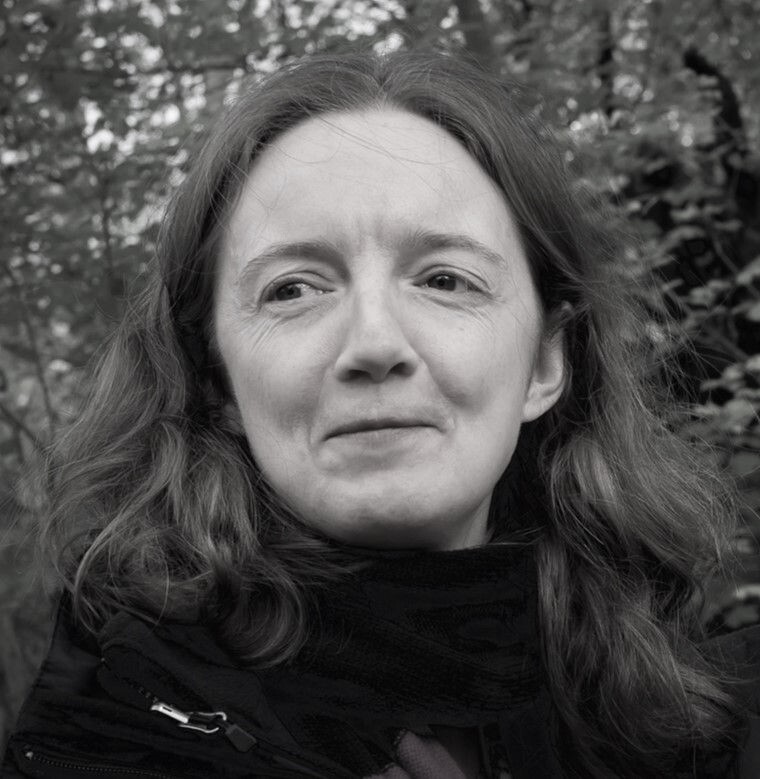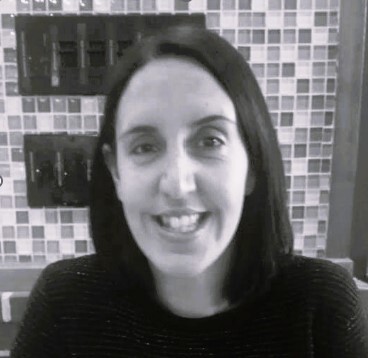
Dr Gill Toms
Research and practice development officer (DEEP)
I have a background in psychology and research. My research interests include dementia and short breaks for unpaid carers. I'm based at Bangor University and have worked in DEEP for a couple of years. I've really enjoyed learning more about social care from practitioners and from people who access social care services.
I feel fortunate to be in a role where I can learn so much from others. Outside of work, my passion is walking in the mountains and along the coastline of North Wales. Hefyd, dwi’n mwynhau dysgu Cymraeg ond dw i eisiau gwella!


